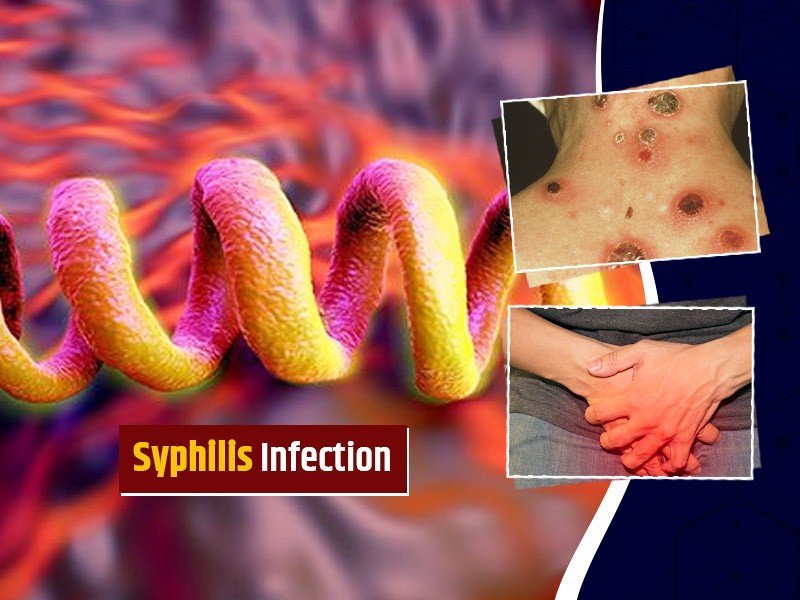Published - Mon, 30 May 2022

DECREASED ENVIRONMENTAL QUALITY HARMS HUMAN HEALTH
Environment quality
Environmental quality refers to a set of properties and
characteristics of the environment that
have an impact on humans and other organisms, whether they are generalized or specific. Environmental quality
encompasses both the natural and built environments, including air, water purity or pollution, noise, and the
potential consequences of these characteristics on physical and mental health.
People whose health is already
compromised are most affected by poor environmental quality.
How does the
quality of the environment impact health?
The environment has a direct impact on health and is a
major factor in the quality of life, healthy
years lived, and health disparities. Premature death, cancer, and long-term damage to the respiratory and
cardiovascular systems have all been linked to poor air quality. In nonsmoking adults, secondhand smoke containing toxic
and cancer-causing chemicals
contributes to heart disease and lung
cancer. Environmental factors are responsible
for nearly a quarter of all deaths and the total disease burden worldwide. Cancer, cardiovascular diseases, asthma,
and other illnesses are all linked to poor air
quality. Poor water quality can cause gastrointestinal illness as well
as a variety of other issues, such as neurological issues and cancer.
Acute poisonings and other toxic effects can be caused
by chemicals found in and around homes and
workplaces.
Factors determining environment quality
A healthy community environment requires clean air, land, and water.
Secondhand smoke, carbon monoxide,
allergens, lead, and toxic chemicals
all contribute to the development of disease and other health
problems.
The health and quality
of life by following a few factors
such as
o
Environmental standards and regulations
o
Continuous monitoring of pollution levels
o
Human exposure to pollutants
o
Creating environments that support healthy
lifestyles
Individual health and environmental quality are both influenced by
the built environment (such as schools, parks, greenways, and transportation systems).
Bicycling as a primary
mode of transportation, for example, increases physical activity while reducing pollution
and accidents caused by motor
vehicles.
Tips to Protect yourself
from air pollution
Here are some easy-to-follow guidelines for protecting yourself and your loved ones from
the dangers of air pollution:
o
Check daily air pollution forecasts in your area
o
Avoid exercising outdoors
when pollution levels
are high
o
Don't burn wood or trash
o
Don't let anyone
smoke indoors
o
Support tobacco-free legislation in all public
places.
Created by
Comments (0)
Search
Popular categories
Latest blogs

All you need to know about Syphilis
Tue, 15 Nov 2022

What is Pemphigus Vulgaris?
Tue, 15 Nov 2022

Know about Scorpion Stings
Sat, 12 Nov 2022

Write a public review